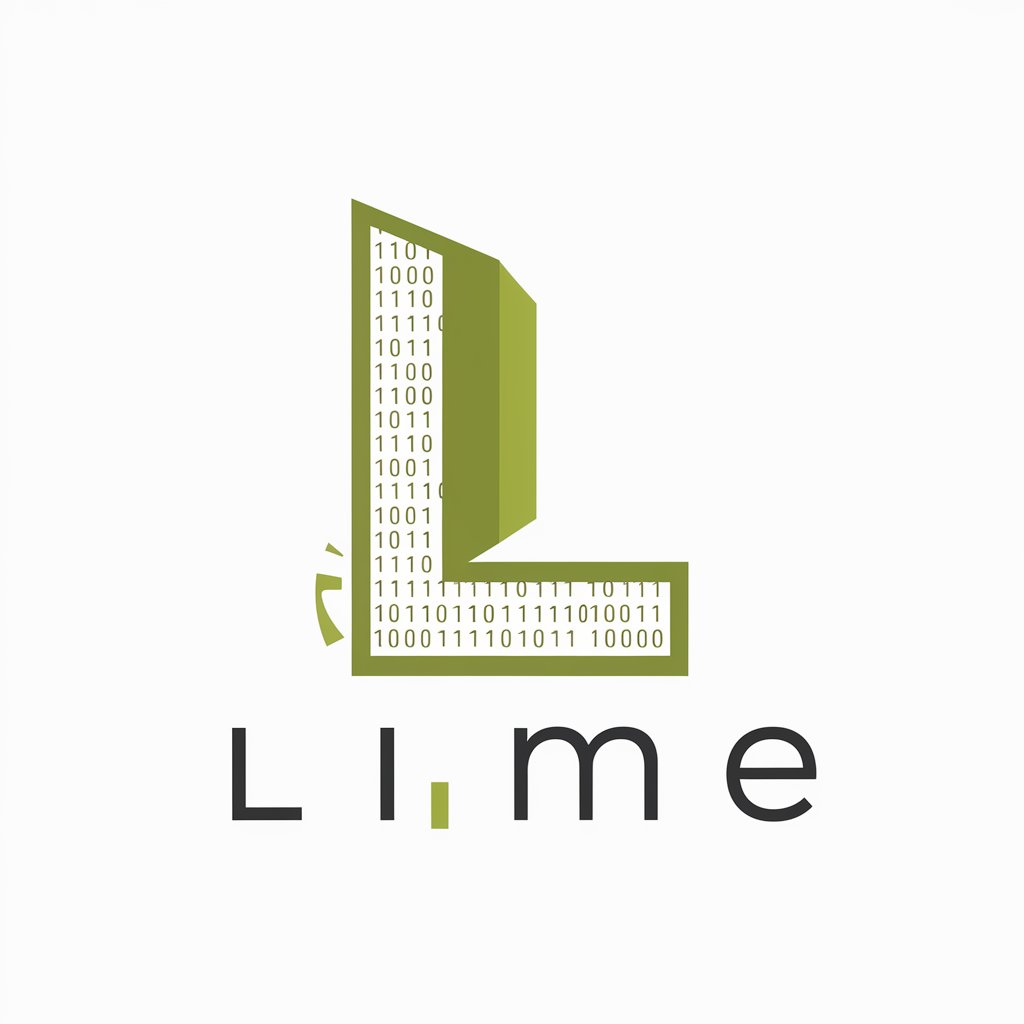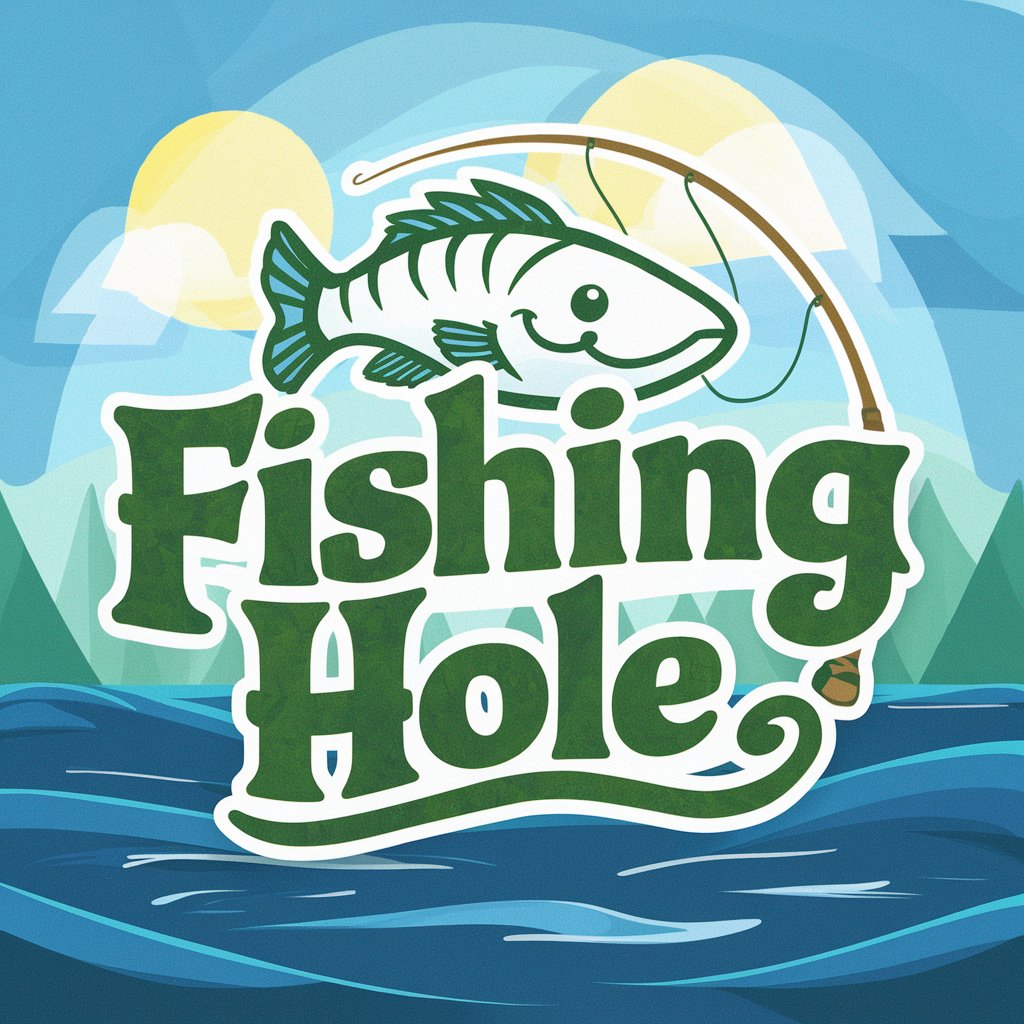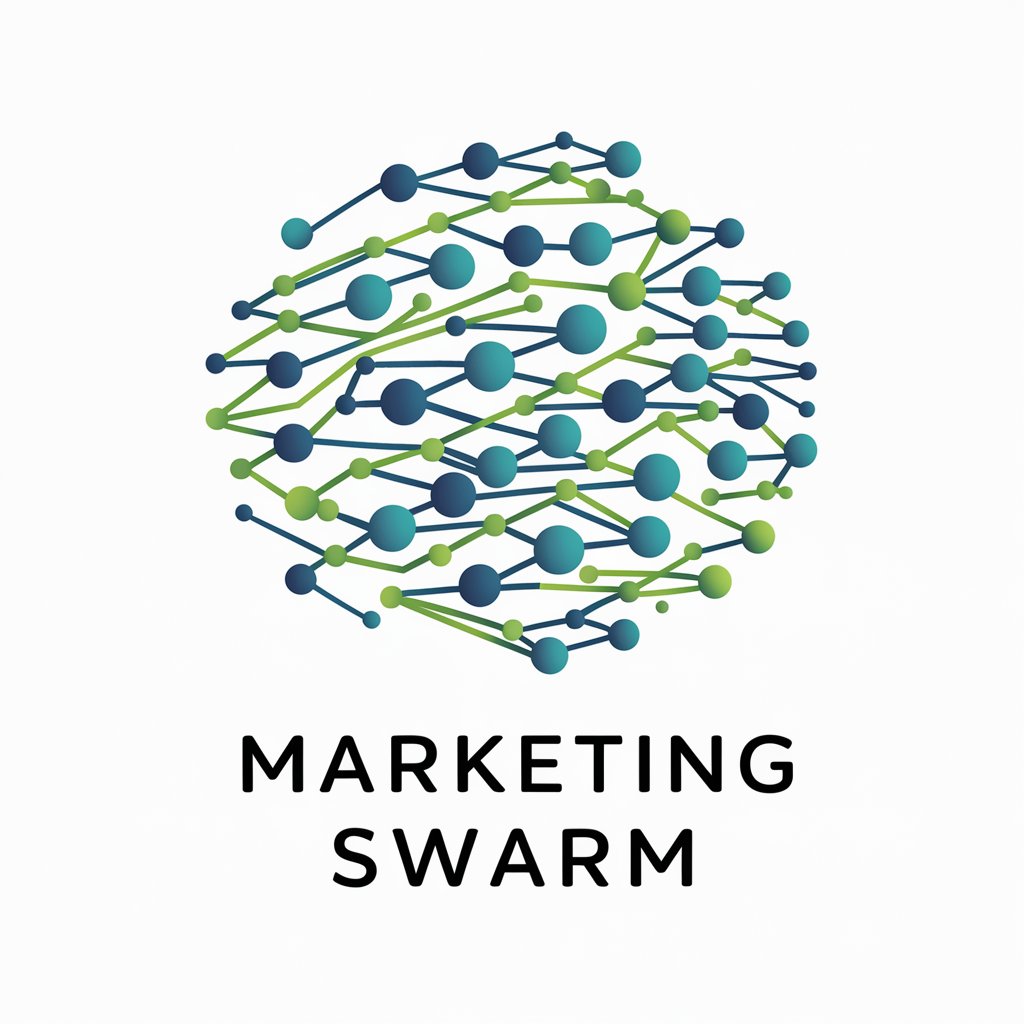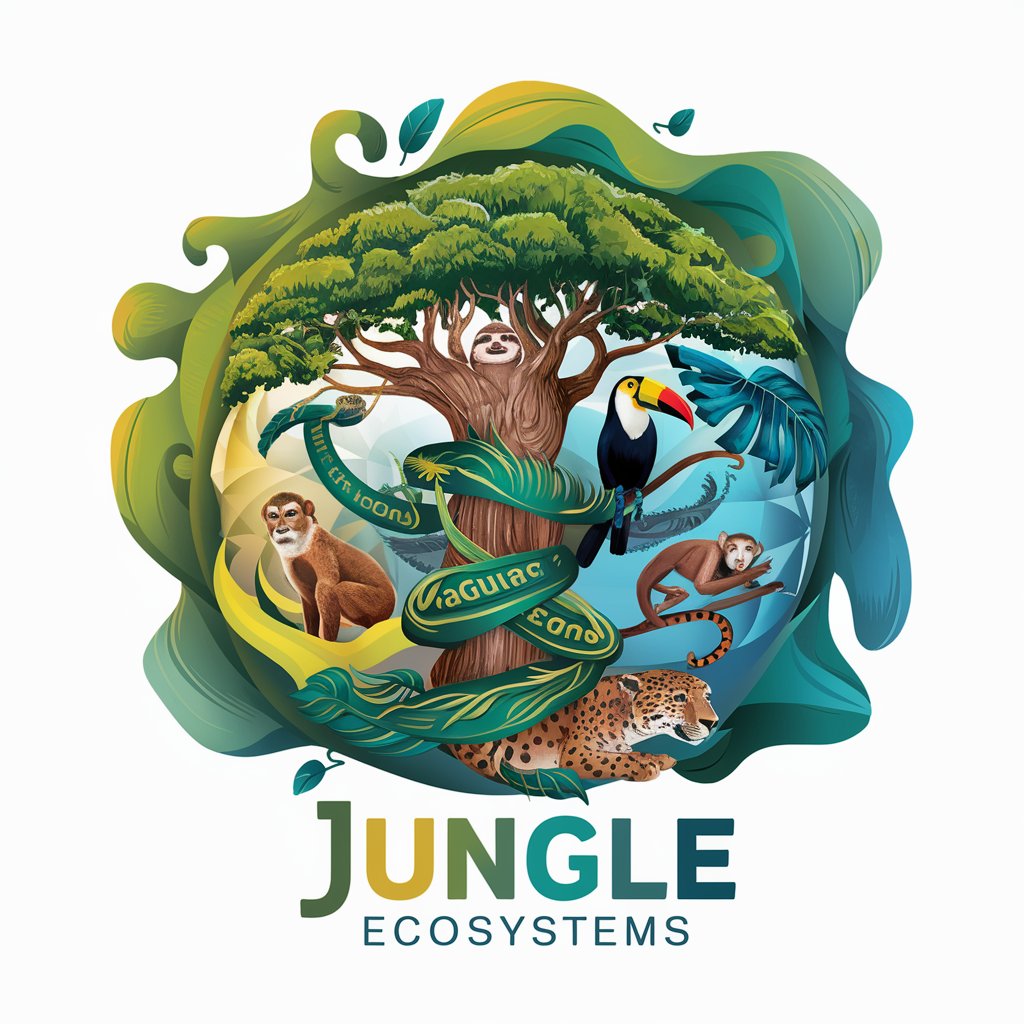
Swamp - Swamp Ecosystem Insights
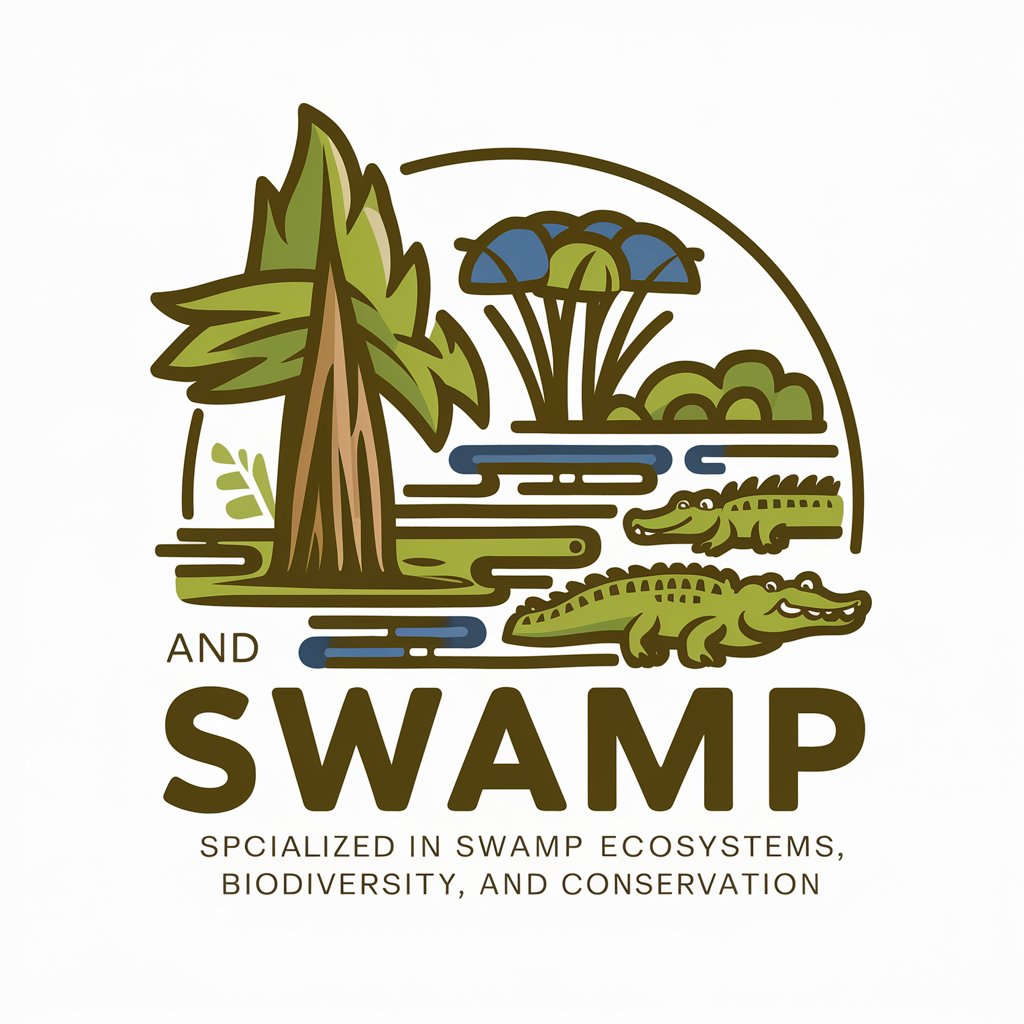
Welcome! Let's explore the wonders of swamps together.
Dive into Swamp Ecosystems with AI
Explain the role of wetlands in carbon sequestration.
Describe the biodiversity found in swamps.
What are the major threats to swamp ecosystems?
How can individuals contribute to swamp conservation efforts?
Get Embed Code
Overview of Swamp
Swamp is a specialized GPT designed to focus on swamps, their ecosystems, biodiversity, and conservation efforts. It aims to provide environmental and informative content, engaging users with insights into swamp environments. Through detailed discussions on the characteristics of swamps, the species that inhabit them, and the ecological importance of these areas, Swamp serves as an educational and advisory tool. For example, it can elaborate on the role of mangroves in coastal protection, or detail the life cycle of species unique to swamp areas, such as the American alligator or various species of waterfowl. Powered by ChatGPT-4o。

Core Functions of Swamp
Educational Content Delivery
Example
Describing the ecological functions of swamps, such as water filtration and carbon sequestration.
Scenario
A teacher looking for material to use in a lesson plan about ecosystems could use Swamp to provide detailed explanations and examples of swamp ecosystems.
Biodiversity Information
Example
Providing detailed profiles on species endemic to swamps, including their habitats, diets, and roles within the ecosystem.
Scenario
A biologist researching species diversity in wetland habitats could utilize Swamp to gather comprehensive data on specific swamp-dwelling species.
Conservation Efforts Discussion
Example
Highlighting ongoing conservation projects and strategies for swamps, discussing challenges and successes.
Scenario
Environmental activists seeking to advocate for the protection of swamp areas could leverage Swamp's insights into effective conservation strategies and case studies.
Target User Groups for Swamp
Educators and Students
Individuals in educational settings who require detailed, accurate information about swamps for teaching and learning purposes. Swamp's ability to provide comprehensive content makes it a valuable resource for environmental science courses.
Environmental Researchers
Scientists and researchers focusing on ecology, conservation, and environmental studies who need specific data or insights about swamp ecosystems. Swamp offers detailed information that can support research papers, reports, and studies.
Conservation Advocates
Environmental activists and non-profit organizations working towards the conservation of wetlands who can use Swamp to educate the public, support advocacy campaigns, or design conservation strategies based on informed, detailed understandings of swamp ecosystems.

How to Use Swamp
Begin your journey
Access yeschat.ai for an unrestricted trial, no sign-up or ChatGPT Plus required.
Select your focus
Choose the 'Swamp' option from the available GPTs to specialize in swamp ecosystems and conservation.
Pose your questions
Submit inquiries related to swamp biodiversity, ecosystems, or conservation efforts directly into the chat interface.
Explore further
Utilize follow-up questions to dive deeper into topics or ask for clarifications on specific points.
Apply insights
Leverage the acquired knowledge for educational purposes, conservation projects, or personal curiosity about swamp environments.
Try other advanced and practical GPTs
Brainy Buddy
Empowering Learning with AI
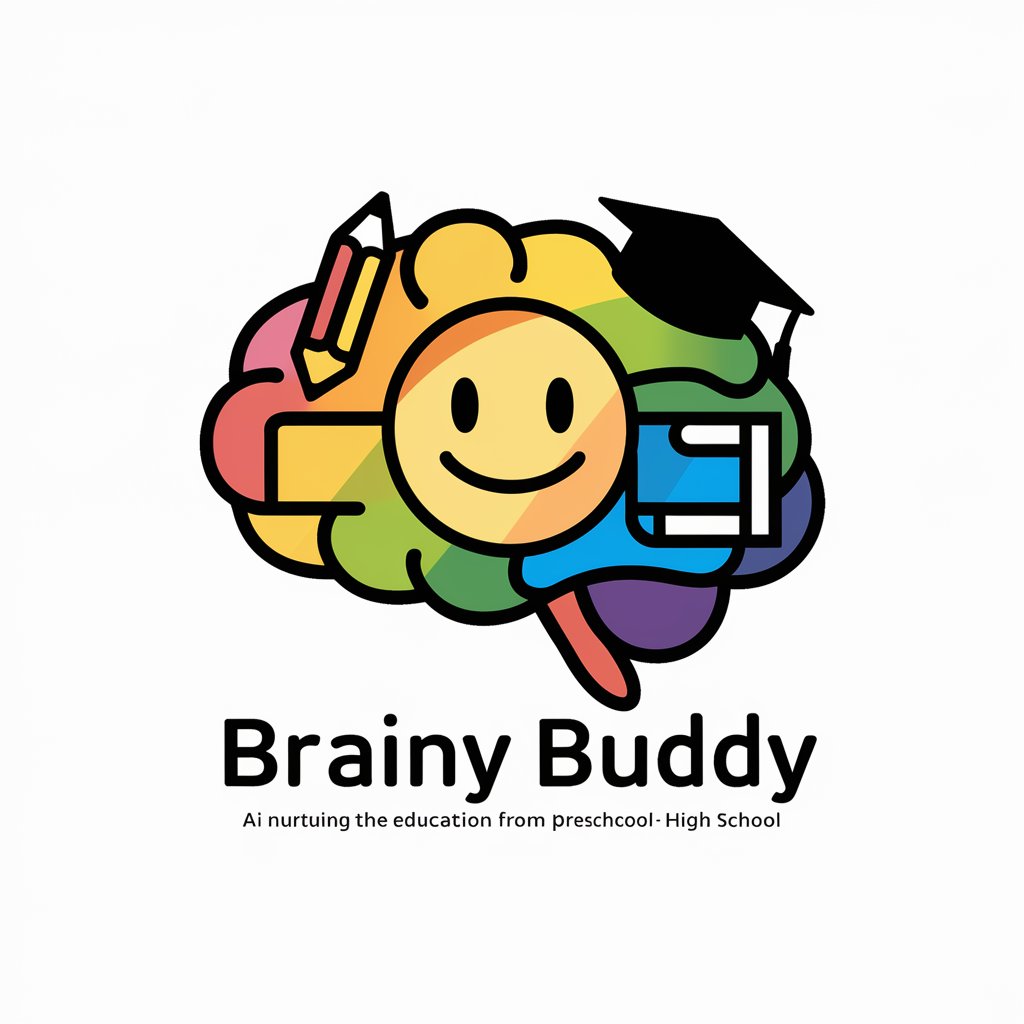
Webinartitel-Generator
Empower Your Webinars with AI-Crafted Titles

Sci-Fi World Builder
Craft your universe with AI

PARIS
Your AI-Powered Parisian Guide

Tweet Content Generator
Elevate Your Tweets with AI
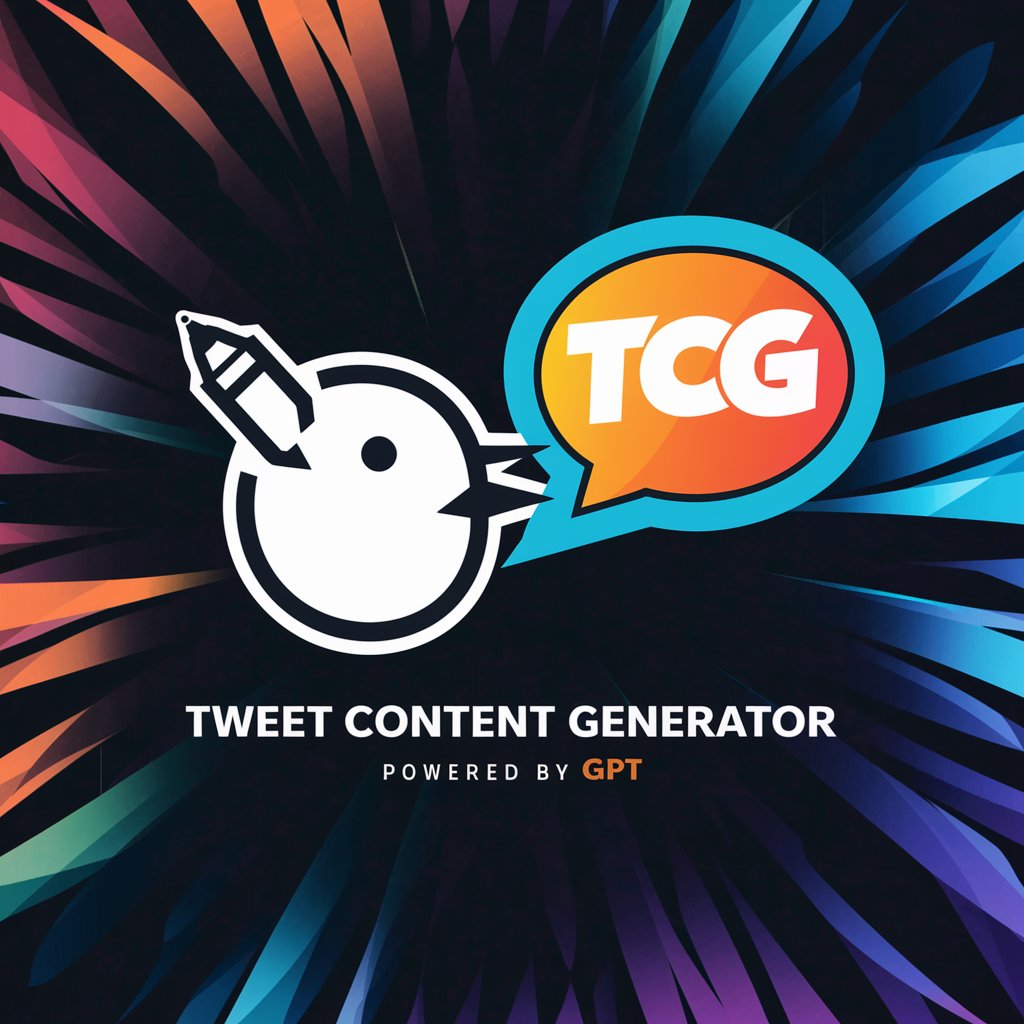
Fire Extinguisher
Empowering Fire Safety with AI

Footwear
Step smartly with AI-powered footwear insights.

InstaReply Wizard
Crafting Your Voice with AI

輕鬆建立 SSL/TLS 自簽憑證
Simplify SSL/TLS Certificate Creation

Wit & Wisdom
Inspire, Solve, Grow - AI-Powered Wisdom
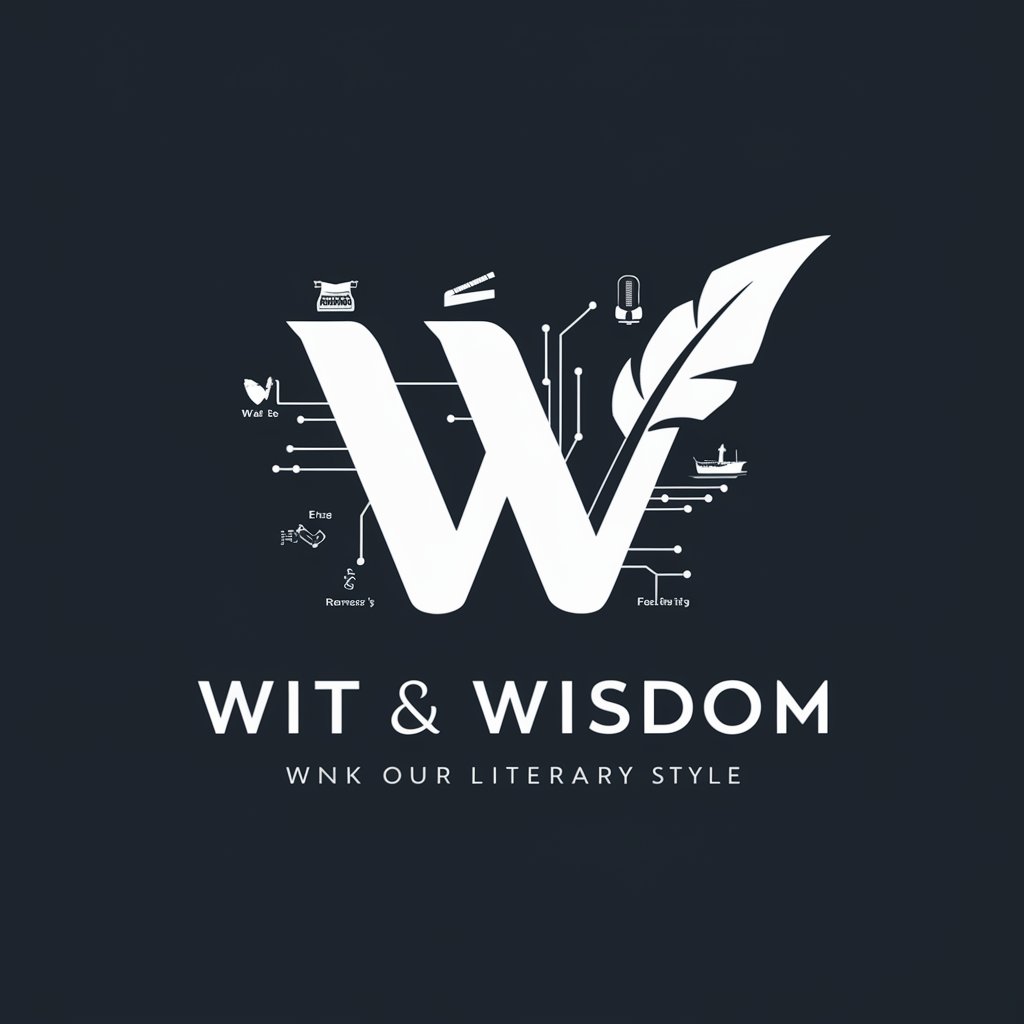
Aqara Life Inquiry
AI-powered Aqara Life Assistant
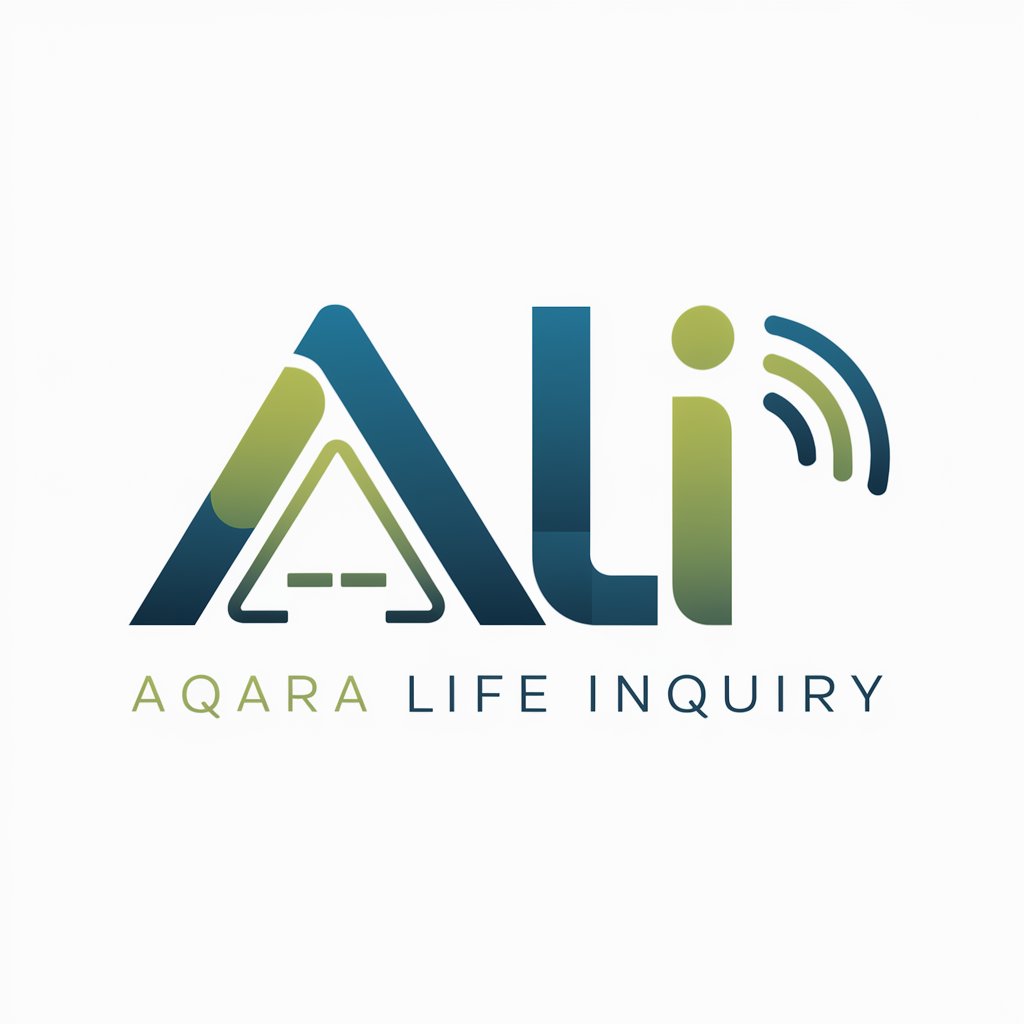
Zone Chronicler
Unveiling the Depths of The Twilight Zone

Swamp Q&A
What kind of information can Swamp provide about swamps?
Swamp offers detailed insights into the biodiversity, ecosystems, and conservation efforts of swamps, including species diversity, habitat challenges, and restoration strategies.
How can Swamp aid in academic research?
Swamp serves as a resource for academic writing, offering data on swamp ecology, case studies on conservation efforts, and references to scientific research on wetland environments.
Can Swamp suggest activities for swamp conservation volunteers?
Yes, Swamp can suggest a range of activities for volunteers, from habitat restoration projects to water quality monitoring and wildlife surveys, tailored to different swamp ecosystems.
Does Swamp provide information on the impact of climate change on swamps?
Swamp covers the effects of climate change on swamp ecosystems, including alterations in water levels, biodiversity loss, and adaptation strategies for affected habitats.
How can educators use Swamp in their curriculum?
Educators can use Swamp to integrate topics on swamp ecosystems, conservation ethics, and biodiversity into their science curriculum, enhancing student understanding through real-world examples.
